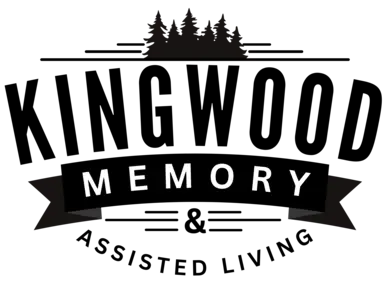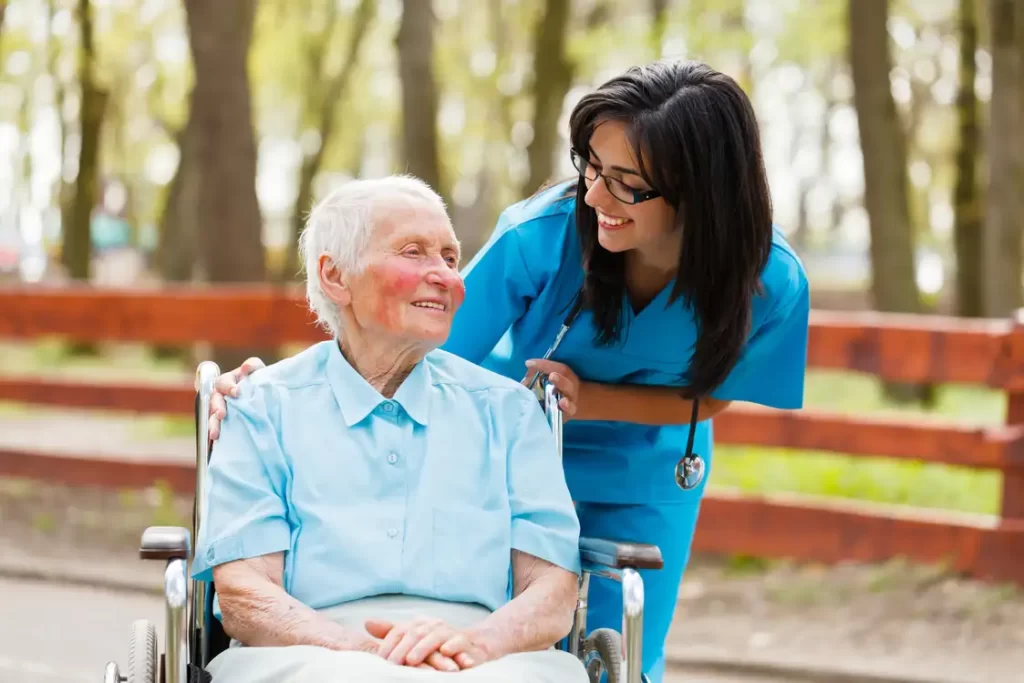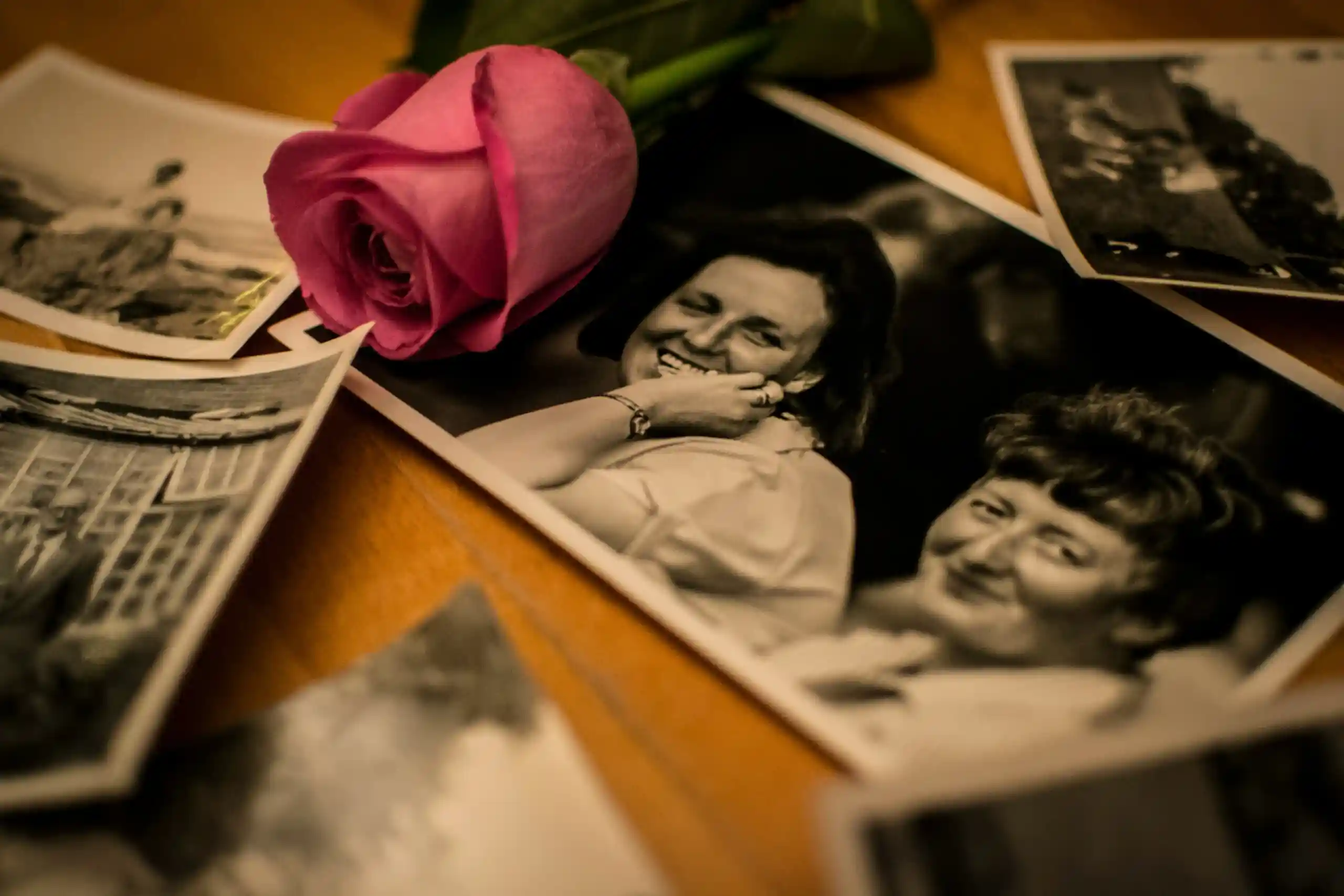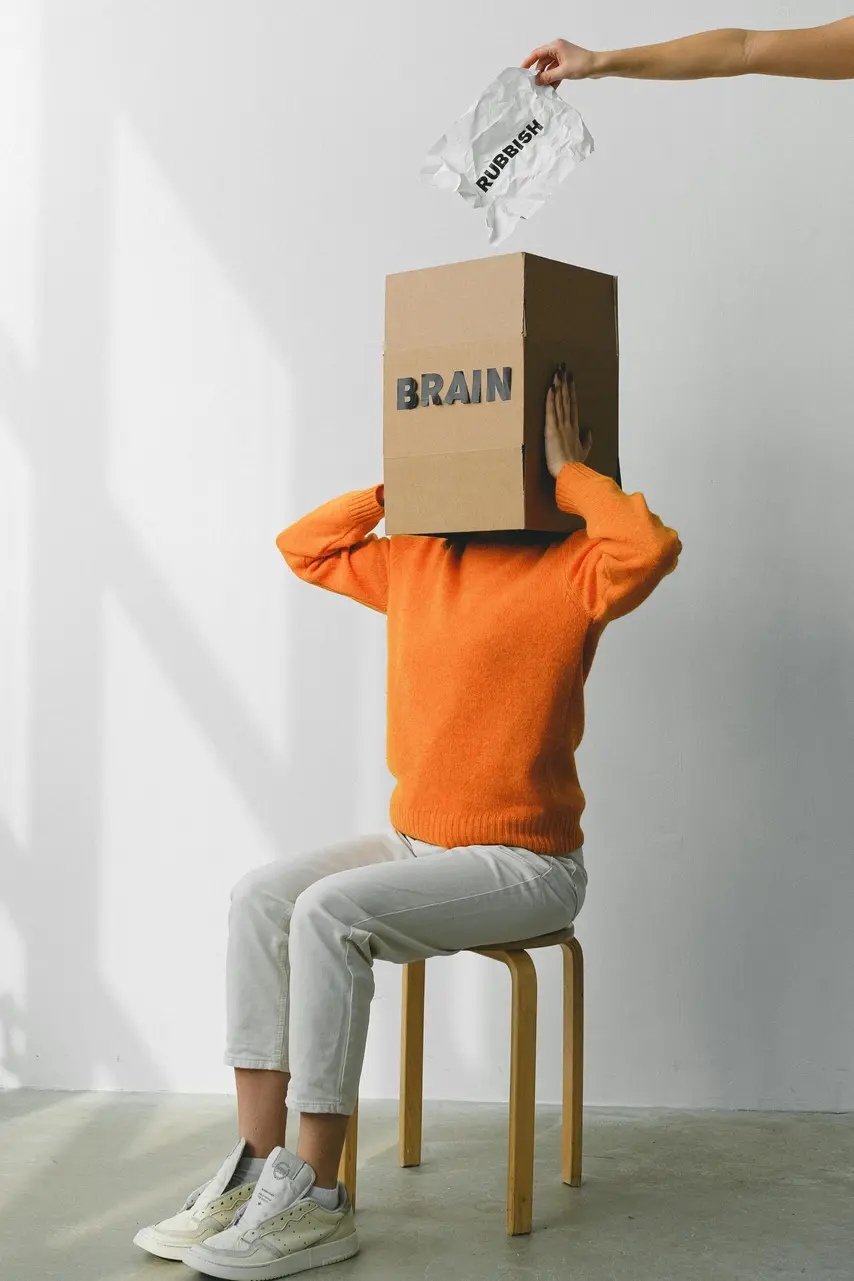Dementia: A Guide for Seniors and Caregivers
What is Dementia?
Dementia is a chronic and persistent health disorder of the mental processes caused by brain disease or injury that effects memory, behavior and the ability to reason. It is a general term that describes a progressive decline in mental abilities severe enough to interfere with daily life. Alzheimer’s is a common type of Dementia.
There are several types of Dementia including Vascular Dementia, Parkinson’s disease and Huntington’s disease. All have similar symptoms such as difficulty recall of names or events, apathy and depression. Later symptoms include impaired communication, poor judgment, disorientation, confusion, speaking, walking and general behavior changes such as depression and irritability.
Symptoms
Persons in the early stages of Dementia do not always appear ill and usually perform most activities normally. The disease can go unnoticed for several years before symptoms become obvious. Alzheimer’s, for example, begins well before it becomes obvious to family, friends and the victim.
The brain in this case is undergoing slow but steady changes in which problems of recall and related problems worsen over time and may include sleep problems, hallucinations, physical imbalance, slowness, tremors and changes in movement. Ultimately, the changes may worsen.
What to do if you suspect Dementia?
People suspected of suffering from early stages of Dementia should see a doctor immediately. A general practice physician or primary doctor will often refer the patient to a specialist, usually a neurologist or psychologist. Early indications can be wrong; the problem may be caused by other issues.
A significant change in behavior calls for immediate diagnosis and possible treatment. One of the first symptoms is slurred speech or physical imbalance. Other possible evidence may include declining ability to perform basic tasks such as bathing, appetite changes, bathroom use, dressing, and other behaviors.
When visiting doctors the caregiver should be prepared to report lifestyle changes, types of medication, other health problems and the general attitude of the possible patient. Other advanced symptoms may include money management, meal preparation, housekeeping, use of appliances such as television, telephone; shopping and extracurricular activity.
Dementia persons may perform some tasks without help or with some assistance, depending upon the condition. Caregivers are urged to make detailed notes of behavior changes for review by physicians and other caregivers. To forget is normal in the aging process; excessive loss of thoughts and items can be evidence of a problem.
Come visit our facility at Kingwood Memory & Assisted Living!





